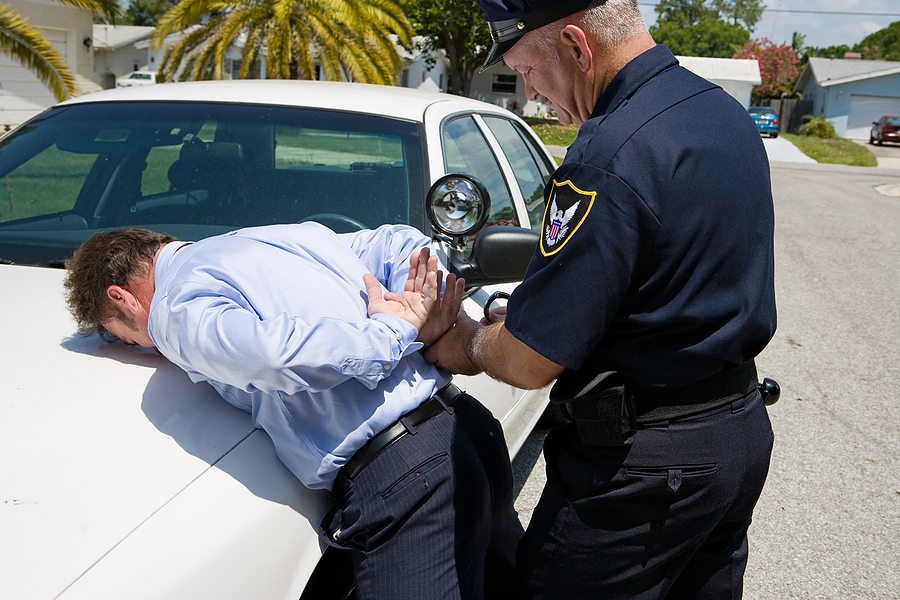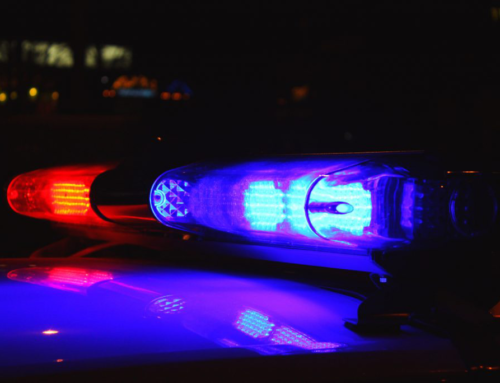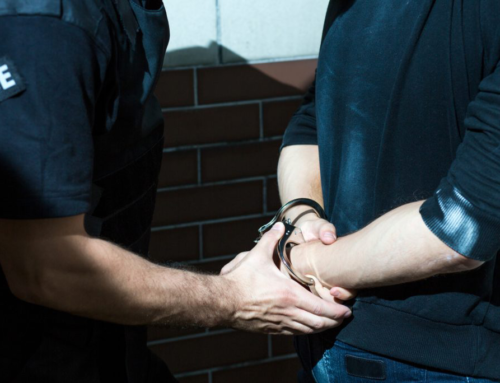 Everyone these days has a high-definition camera in their pocket. Some people use these to record police interactions, an action that sometimes agitates the cops. But cameras are a valuable tool to make sure people preserve their rights – and one North Carolina lawyer was sure to remind cops of this fact.
Everyone these days has a high-definition camera in their pocket. Some people use these to record police interactions, an action that sometimes agitates the cops. But cameras are a valuable tool to make sure people preserve their rights – and one North Carolina lawyer was sure to remind cops of this fact.
The lawyer was pulled over by police while driving a passenger for Uber in late February. The police officer who pulled him over said that he had stopped at a “drug house,” and demanded that the lawyer stop video recording the interaction. “Don’t record me,” he said, “turn that off, okay?”
The lawyer, no stranger to laws related to recording police, declined, citing his rights. When asked to step out of his car, the lawyer asked what he was being arrested for. The officer then told the lawyer that he was going to search his car, to which the lawyer did not consent. K-9 units were brought in and the officer claimed that the dogs indicated the presence of drugs in the car, which the lawyer insists did not happen. The car was then searched without the lawyer’s consent, and nothing was found.
In Texas, video recording of police is 100% legal and 100% encouraged if you feel that your rights could be violated. Here are those rights:
- You are legally allowed to photograph or video anything that is in plain view on public property
- When you are on private property, the property owner sets the rules regarding photography and video
- Police cannot confiscate or demand to view your videos or photos without a warrant, unless you are lawfully arrested.
- Police cannot delete your photos or videos under any circumstances
- If your recording is truly interfering with legitimate law enforcement operations, police can legally order you to stop recording







